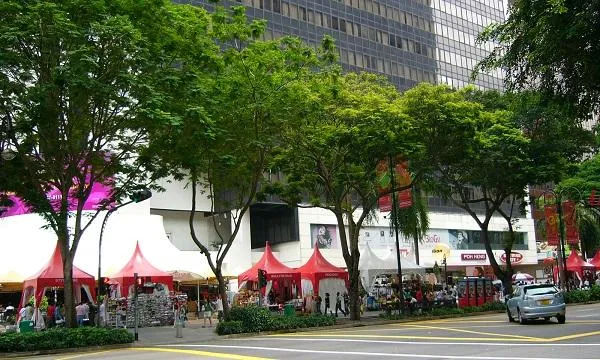
Slow recovery ahead for Singapore's retail sales: analyst
Shoppers may still have limited shopping venues to visit after the circuit breaker.
Retail sales in Singapore is expected to recover slowly as businesses are easing cautiously and footfall remains, according to a DBS Group Research report.
The easing of the circuit breaker for businesses and improvement in retail spending are expected to proceed cautiously, as authorities may try to avoid implementing another due to the high economic costs involved. Further, with China seeing a rise in new cases post lockdown, easing restrictions too early or aggressively might be discouraged.
The number of workers commuting to work will also remain lower from pre-pandemic levels. The staff of some businesses are set to be back to work soon, but not all businesses will require all staff to return immediately, with technology enabling some to operate from home. This could reduce consumption, especially transport, food and beverage (F&B), and ad-hoc shopping.
Still, F&B foodservice sales could likely see some improvements from slightly higher footfall after the circuit breaker, the report noted. However, its recovery will be muted due to social distancing, no dine-in and lack of tourists.
On the other hand, large retail outlets would theoretically benefit from a recovering footfall. This will depend on whether non-essential retailers can operate after the circuit breaker.
These include large and mega department stores, shopping malls, sporting equipment stores, IT and electronic stores and furniture stores. However, as long as these retailers remain closed, shoppers will remain confined to shopping at large food retail outlets as a place to shop.
Even if crowd levels improve after the circuit breaker, shoppers may still have limited shopping venues to visit, depending on the type of retail businesses allowed to open by then. “For now, we see people congregating at high floor area food retailers since they provide both retail therapy and relief from cabin fever,” DBS analysts Alfie Yeo and Andy Sim said.
Thus, the recovery of retail sales depends on the number of businesses resuming operations and consumption appetite. As online makes up only 8.5% of Singapore’s total retail sales, recovery will hinge on how many retailers are allowed to reopen their outlets, as well as the consumers’ level of spending.
March retail sales declined 13.3% YoY, as consumption shifted to supermarkets. Supermarket sales jumped by 35.9% YoY amidst panic buying and more people cooking at home. Supermarket chain Sheng Siong also recorded strong revenue growth in Q1.



















 Advertise
Advertise


